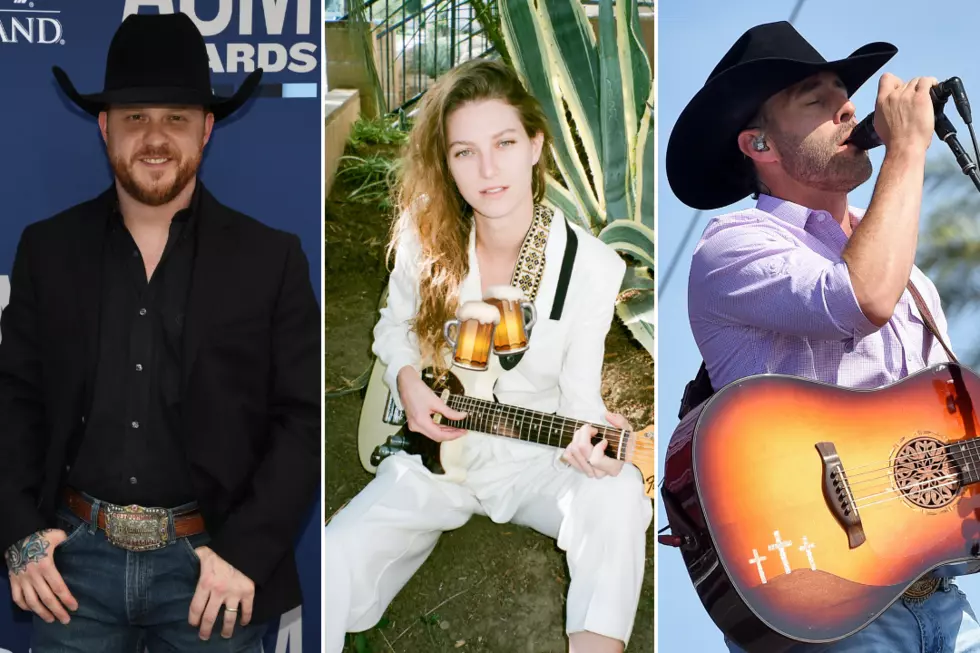
How Robert Earl Keen Kept His Band Paid During the Pandemic
When the COVID-19 pandemic hit in March of 2020, country stars were suddenly faced with a series of unexpected decisions to make regarding their band and crew. With tour schedules scrapped, many artists could no long afford to keep their employees on the payroll.
But Robert Earl Keen says that, from the beginning, he was adamant that the pandemic should affect his employees' livelihoods as little as possible. Like many other artists, Keen has had to think of himself as the CEO of a small business with 10 employees -- but with some of them having been on his team for as long as two decades, there's a family-like element to that business, too.
"It was difficult, but my goal was to keep everyone employed with insurance," the singer tells Forbes. "So I cut all salaries, including mine, 25 percent and put off the SEP contributions as long as possible. All services from publicity to marketing to cleaning and lawn service abated to a TBD date down the road.
"Every aspect of my effort has been to keep everyone working. The mental anguish associated with the unforeseeable future vanished the day I committed to keeping the lights on," Keen adds.
He cut costs where he could, but worked hard to preserve the parts of his employees' payment structures that were important to them and himself. "All 10 employees were on salary with health insurance and a SEP IRA retirement plan. These features had been in place for more than 20 years," Keen explains.
"I refinanced my house, got a government crisis loan and a PPP loan," he continues. "Then I called everyone who worked for me, each individually, and told them we were still in business and I could guarantee through June of 2020."
During the pandemic, Keen discovered that he had an advantage due to some smart financial moves he'd made early on in his career.
"The rest of the world had steady salaries, insurance, reasonable work schedules and some had retirement plans. In general and still to this day, musicians have none of those," he points out. "Around 1994, I implemented that with the advent of the first band I considered permanent. Bands who back a frontperson artist are frequently left out when it comes to recording a full-length, commercial record. There are many outside influences surrounding this issue -- many are smart and necessary -- but one can include the road band on studio projects in more ways than one. I've had my band as a core band in the studio since 1995.
"I listened early on, considered complaints and decided to create the most level playing field possible. All done from the earliest days as a band leader," Keen sums up.
Artists have all coped in different ways with being apart from their bands during the COVID-19 pandemic, whether or not they've been able to keep their teammates on staff or support them in other ways. For example, in November, Ashley McBryde shared an update on her beloved backing band Deadhorse, who she says had to "scatter" amid the pandemic.
More From TheBoot





![Tyler Childers, Robert Earl Keen Jam Out to End Sold-Out Red Rocks Show [WATCH]](http://townsquare.media/site/623/files/2019/10/tyler-childers-robert-earl-keen.jpg?w=980&q=75)



